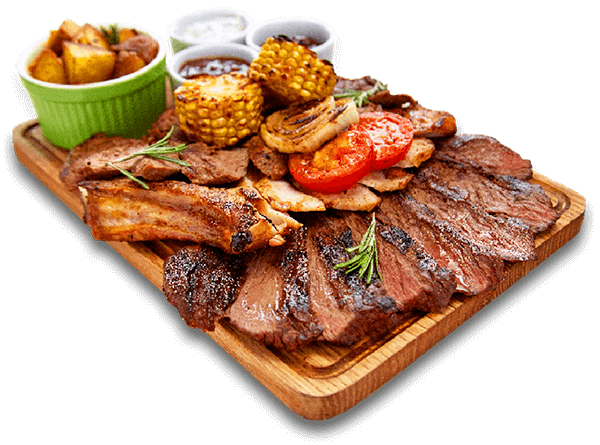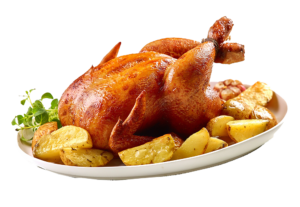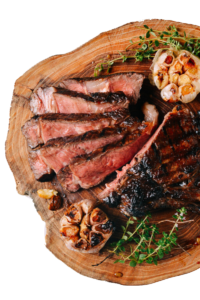Why do people eat dinner late at night? Is late night food good for the body?
People eat dinner late at night

Dinner late at night:
Various cultural, lifestyle, and personal variables can be implicated in eating dinner late. Here are a few explanations for why people would eat dinner past their bedtime:
Demands of One’s Job or Lifestyle: Some people have occupations or lives that keep them busy after dinner. People who work shifts, have long workdays, or have other commitments may have to have dinner after finishing their day’s work at a late hour.
Cultural customs and conventions have an impact on mealtimes since they differ among cultures. A late dinner is typical in various cultures, frequently as a way to socialize with family or friends.
Habits & Routines: Due to their regular routines or personal preferences, some people develop the habit of eating dinner later than usual. It’s possible that they are used to eating later and find it more convenient or satisfying.
Leisure and Social Activities: Participating in leisure or social activities in the evening, such as playing sports, going to the gym, or attending social events, may postpone dinner until later that night.
Levels of Appetite and Hunger: Throughout the day, people’s levels of appetite and hunger can change. Some people prefer to eat when they are hungry even though they may not feel hungry sooner.
Dietary Options and Fasting: Some dietary programs, such as intermittent fasting, may call for putting off dinner. Some people purposefully arrange their meals in this way to promote weight loss or good health.
Climate & weather: In hotter regions, people can choose to have dinner later in the evening when it’s cooler and more convenient to enjoy a filling meal.
Modern, hectic lifestyles might cause irregular eating habits. Busy schedules. A busy schedule may cause people to postpone supper, especially if they did not have time to plan or prepare their meals earlier in the day.

Personal Preferences and Time Availability: Some people merely prefer to have dinner later due to preferences or time constraints. At the end of the day, they might take pleasure in a leisurely, late lunch.
It’s crucial to remember that there is no universal solution and that people’s dietary preferences depend on a variety of cultural, socioeconomic, personal, and utilitarian reasons. The time of dinner can change dependent on personal circumstances as long as people maintain a healthy diet that is well-balanced and suited to their lifestyle and demands.
Is late night food good for the body?
Eating late at night, like any other eating habit, can have both positive and negative effects on the body depending on many different factors, including what is eaten, portion size, and health status. personal health and lifestyle in general.
Here are some considerations regarding night eating and its impact on the body:
Benefits:
Satisfy hunger: Eating a meal or snack if you’re really hungry can help satisfy your appetite and prevent discomfort, contributing to better sleep.
Prevent overeating the next day: Eating a balanced, controlled meal in the evening can prevent excessive hunger the next morning, thereby forming better eating habits during the day. day.
Promotes muscle recovery: Consuming a protein-rich snack or meal after an evening workout can help with muscle recovery and growth.
Improved sleep: A small, balanced snack before bed can help you sleep better by avoiding discomfort or hunger that can disrupt your sleep. Inconvenient things:
Digestive discomfort: Eating a large meal right before bed can cause discomfort, indigestion, acid reflux or disrupted sleep as the body struggles to digest the food.
Weight gain: Consuming excess calories late at night, especially in the form of unhealthy snacks or large portions, can contribute to weight gain over time.
Insulin levels: Eating foods high in sugar or carbohydrates late at night can cause insulin levels to spike, potentially disrupting your body’s natural hormonal balance.
Poor sleep quality and sleep cycle disruption might result from eating too close to bedtime.

Tips for eating late at night:
Pick wholesome options: Pick meals or snacks that are well-balanced and contain lean protein, good fats, and fiber-rich carbohydrates. Keep track of your serving sizes: To prevent overeating late at night, pay close attention to your portion sizes.
Avoid eating things that are heavy or spicy close to bedtime because they can be uncomfortable and interfere with sleep.
Stay hydrated: Drink water or caffeine-free herbal tea to stay hydrated, but be careful about drinking too much liquid to avoid interrupting your sleep with bathroom trips.
Listen to your body: Pay attention to when you feel hungry or satisfied. You can eat a healthy, modest snack if you are extremely hungry.
In conclusion, if addressed wisely, emphasizing balanced selections and quantity control, eating late can be a part of a healthy routine. It’s crucial to pay attention to your body’s signals, select foods that are high in nutrients, and stay away from heavy, unhealthy meals right before bed. A healthcare practitioner or nutritionist you consult with can offer you individualized guidance based on your unique circumstances and health objectives.

A healthcare practitioner or nutritionist you consult with can offer you individualized guidance based on your unique circumstances and health objectives. .It’s crucial to remember that there is no universal solution and that people’s dietary preferences depend on a variety of cultural, socioeconomic, personal, and utilitarian reasons. The time of dinner can change dependent on personal circumstances as long as people maintain a healthy diet that is well-balanced and suited to their lifestyle and demands.
